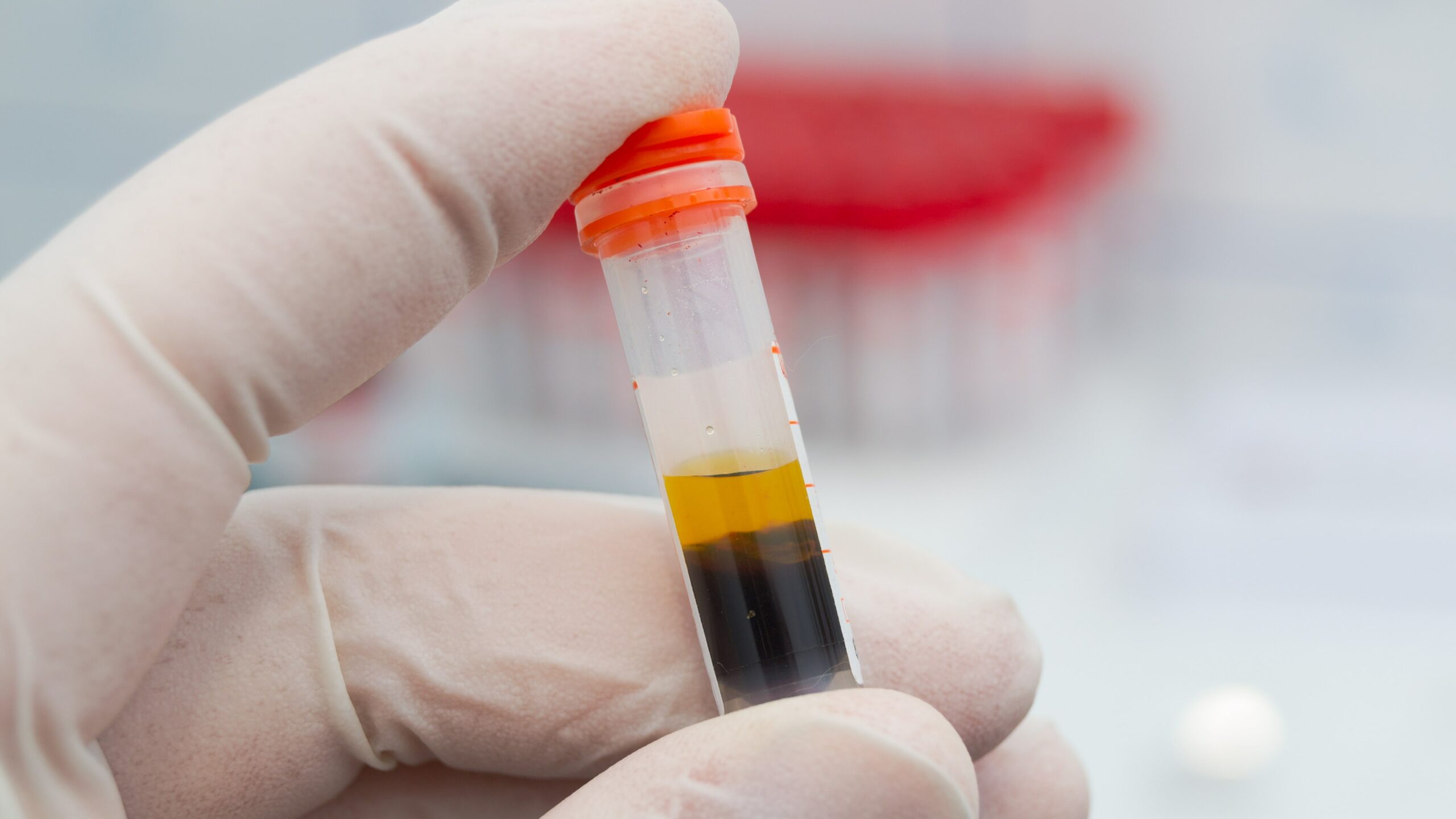
Thermo Fisher Scientific has introduced a pretransplant risk assessment assay to help determine the risk of early acute rejection in kidney transplant recipients. The test provides data that may inform a more personalized approach to post-transplant immunosuppression management.
“Our One Lambda Pre-Transplant Risk Assessment (PTRA) Assay is the first test of its kind to provide a risk score for early acute rejection based on a patient’s unique gene profile prior to transplant,” explained Chris McCloskey, director of transplant services at Thermo Fisher Scientific.
Routine standardized immunosuppression protocols based on broad clinical and demographic features are effective in reducing overall rates of kidney rejection. However, they may result in over-immunosuppression, which may lead to serious complications, poor long-term outcomes, and substantial costs to the health care system.
The PTRA Assay uses an mRNA signature of 29 markers to help stratify patients into high- and low-risk categories for early acute rejection. In a recent clinical validation study, patients with high PTRA scores were six times more likely to experience early acute rejection than patients with low-risk scores, which was statistically significant. The test also showed superior prognostic accuracy compared with risk factors, such as high positive panel-reactive antibodies and the number of human leukocyte antigen mismatches, which were not shown to predict early acute rejection.






 © 2025 Mashup Media, LLC, a Formedics Property. All Rights Reserved.
© 2025 Mashup Media, LLC, a Formedics Property. All Rights Reserved.